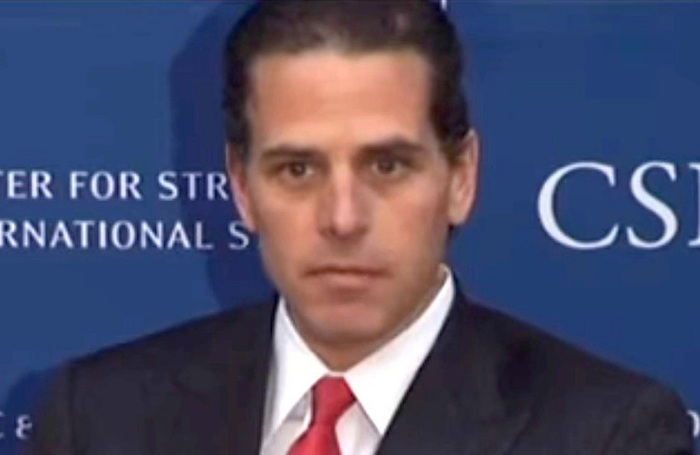Mathew Hennessey
WSJ, July 2, 2023
“Some partisans claim liberal media bias isn’t real. Conservative howling to the contrary, they argue, is merely a product of the Baader-Meinhof phenomenon, also called “frequency illusion.” When you attune yourself to the possibility of bias, you can’t help seeing it everywhere. But this argument is itself an example of a different phenomenon, grown popular in recent years, known as gaslighting.”
Attentive students of the journalistic arts can train themselves to recognize liberal media bias. When a politician breaks the law and the story doesn’t identify his party in the first paragraph, it’s a safe bet the offender is a Democrat. When Republicans “pounce” in the New York Times or the Washington Post, you can be sure the real story is that a Democrat has done something foolish or outrageous.
Consider how the big outlets have covered the Hunter Biden tax-investigation saga. The president’s son’s convoluted business dealings have been known for years. Now, Republican-controlled House committees are coughing up juicy details. These pages have covered them.
The mainstream press is reporting those details too—if grudgingly—but insists you remember one thing: Important elements of the story remain . . . unclear. This is journalese for, “Nothing to see here, folks!”
On June 22, in its first story on the recent testimony by a pair of IRS whistleblowers, the Times noted that “it was not immediately clear” whether Joe Biden was physically present when Hunter sent a WhatsApp message threatening a Chinese business associate to pay up or risk his father’s wrath. “It is unclear what specific commitment the message refers to,” the Post noted the same day. Whether Joe Biden knew Hunter was using his name in such a way was “also not clear,” the Times added. PolitiFact, a “fact checking” outfit hosted by the Poynter Institute, chimed in: “What the ‘commitment’ was, and whether Joe Biden was present, are unclear.”
As for the whistleblowers’ claims that the Justice Department sabotaged the investigation for political reasons, the Associated Press offered that “it was unclear whether the conflict they described amounted to internal disagreement or a pattern of preferential treatment.”
From a traditional journalistic perspective—that is to say an objective one—this is a concerning lack of clarity. You might think that seasoned reporters competing for scoops would sense opportunity in all this ambiguity. Yet more than a week has gone by since the bombshell WhatsApp message came out and things don’t appear to have gotten any clearer. On June 27 the Times acknowledged that “it remains unclear” why the Justice Department account of the Hunter Biden investigation differs so substantially from the tale the whistleblowers told. … [To read the full article, click here]


